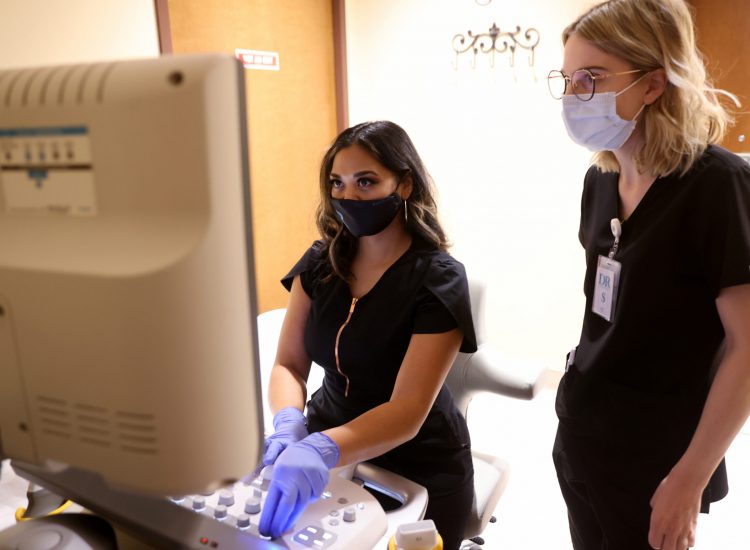This text has been reviewed in line with Science X’s editorial course of and insurance policies . Editors have highlighted the next attributes whereas guaranteeing the content material’s credibility:
Credit score: CC0 Public Area
An audit of blood exams in U.Okay. GP practices has discovered that 6.2% of check outcomes led to a brand new analysis or affirmation of a analysis, and irregular or borderline outcomes had been widespread with solely round 1 / 4 (26.6%) of sufferers having ends in the traditional vary.
Authors of the College of Bristol-led research, revealed within the British Journal of Basic Follow, say that whereas these findings could also be unsurprising to clinicians, they could be regarding or complicated to sufferers, particularly when accessing outcomes on-line.
The audit, which collected anonymized information on blood exams for greater than 2,500 sufferers from 57 GP practices in England, Scotland, Wales and Northern Eire, additionally discovered {that a} quarter of exams might have been partially or totally pointless when reviewed retrospectively by one other clinician.
Round half of exams (48%) didn’t result in any change in administration or reassurance, 13.4% led to additional blood exams or repeat blood exams, and a pair of.7% led to additional radiology exams.
The most typical causes for testing had been signs (43.2%), monitoring of present illness (30.1%), and monitoring of present medicines (10%).
Solely round half of exams had been requested by GPs, reflecting the multidisciplinary nature of main care. On common 4.5 exams had been requested concurrently per affected person.
The research, “Why Take a look at?” is the primary from a brand new nationwide collaborative of teachers and first care clinicians (PACT). Dr. Jessica Watson, a GP and NIHR Scientific Lecturer in Basic Follow on the Middle for Educational Major Care, College of Bristol, stated, “Charges of blood testing in main care have elevated over the past twenty years. On this research, we wished to discover who requests blood exams and why, and what the outcomes are.
“The outcomes have essential implications for a way main care clinicians discuss to sufferers about blood exams, to make sure that they’ve a greater of understanding of why a check might or might not be needed and lifelike expectations of the function of blood exams of their care. Many exams do not result in a analysis or change in therapy, though they could nonetheless be essential to rule one thing out or present reassurance.
“There may be additionally a necessity for higher proof to tell judgements on whether or not a check is important or not, as typically this judgment is simply potential with hindsight when check outcomes are recognized. Pointless exams might result in elevated anxiousness for sufferers, elevated workload for GPs and elevated prices for the NHS. We want higher proof to assist us be certain that sufferers get the fitting check on the proper time.
“We’re grateful to PACT members for collaborating on this analysis. With out their assist, this information assortment wouldn’t have been potential.”
Extra info: Jessica Watson et al, Why check research: a UK-wide audit utilizing the Major Care Educational CollaboraTive to discover the explanations for main care testing, British Journal of Basic Follow (2023). DOI: 10.3399/BJGP.2023.0191 Journal info: British Journal of Basic Follow















